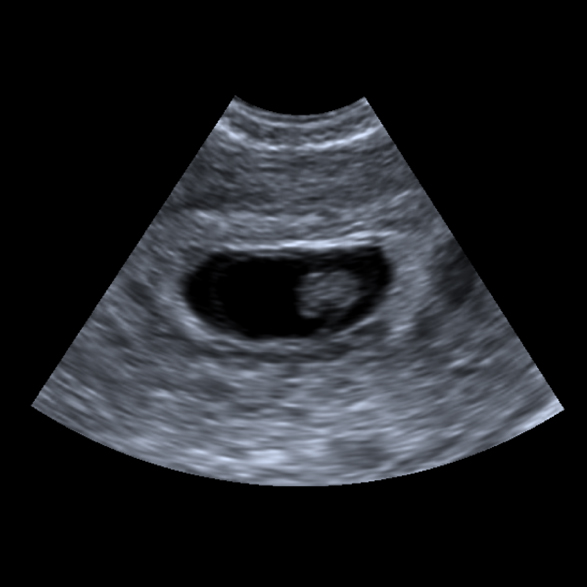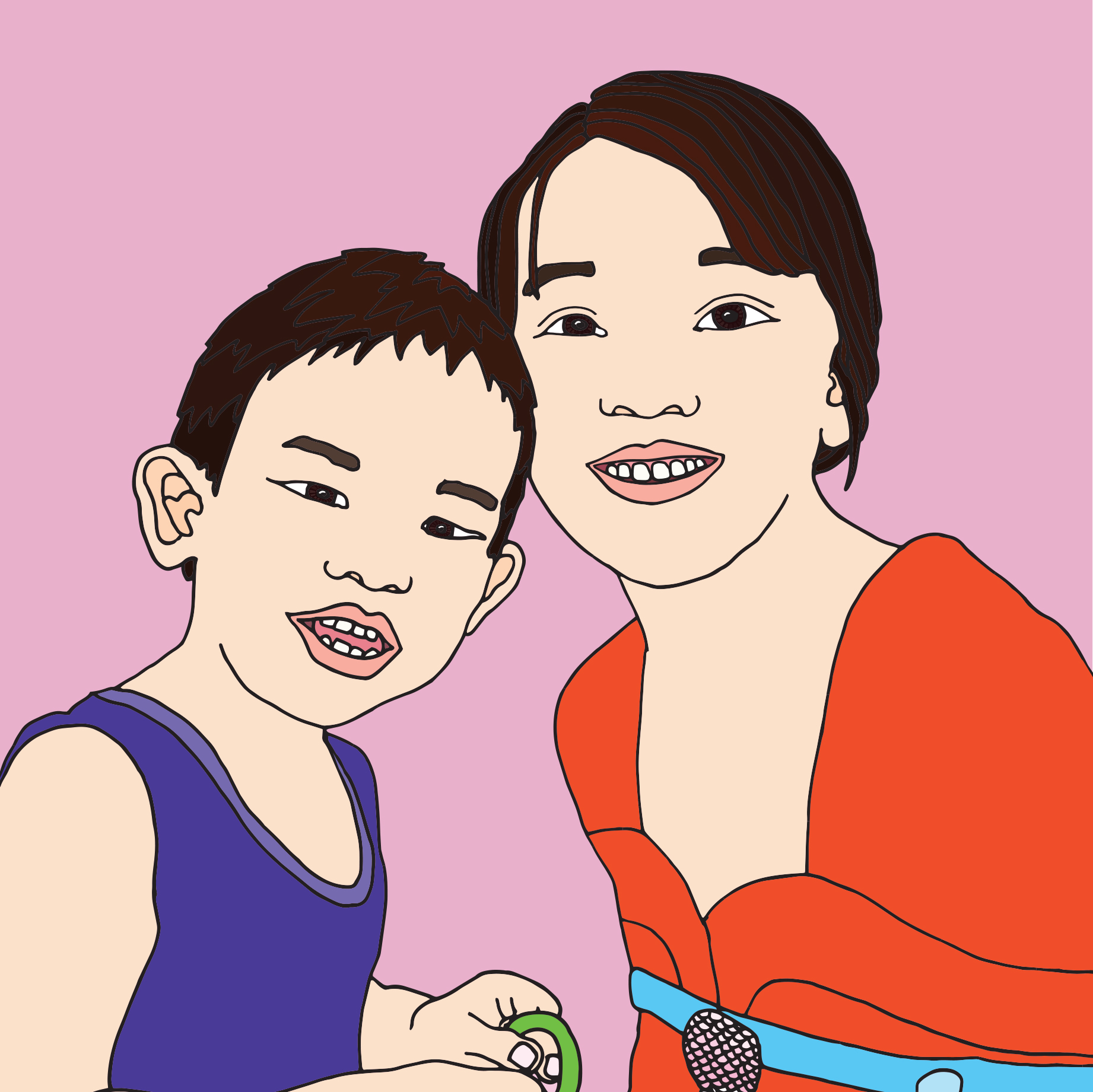How to Support a Friend or Loved One through a Miscarriage

What to say, what not to say, and how to help them as they navigate their grief.
Experiencing miscarriage is nothing short of devastating for a pregnant person, but also for their partner and whānau. Often shrouded in secrecy, guilt and loneliness, it can be difficult to know how to support someone you love who has had a pregnancy loss if you haven’t been through it yourself.
In light of it being Baby Loss Awareness Week (9-15 October each year), we thought it important to offer some guidance on how to support someone who has miscarried. Keep in mind that everyone experiences grief and loss differently, so some of these ideas may or may not be how your friend wants to be helped but they’re important thought-starters to consider.
WHAT TO DO/SAY
- Treat them like you’d treat anyone else experiencing grief. Their baby may not have been earth side but they were, and always will be, their baby. Reach out and let them know, “You’re not alone.”
- If you don’t know what to say, sometimes just saying how sorry you are and acknowledge the sadness of their loss is enough.
- Ask how you can help – practically, emotionally, or by helping them seek information.
- Look after them like you would any other postpartum parent. Drop a meal to their door, bring flowers, help with chores, fetch their groceries, take their dog for a walk or, if they have a living child, look after them for a couple of hours so they can have a break.
- Listen. Offer to hear to their story, if and when they’re ready. You can simply say, “I’m here for you whenever you feel like talking about it.” Or asking, “Do you want to talk about it or would you prefer I didn’t bring it up?” If they do decide to share, be an active listener by asking them questions, empathise as best you can and listen without judgement. Likewise, if they don’t want to share with you, don’t be offended. They may prefer to confide in a professional or someone who has been through a similar experience.
- Notice what words they use to describe their experience and try to echo their language. Do they call it a ‘miscarriage’ or a ‘loss’? Do they refer to their baby as ‘baby’ or ‘it’? They may use pronouns like ‘he’ ‘she’ or ‘they’, whether they knew the baby’s sex or not. It’s not for you to correct them.
- If they’ve named their baby, use their child’s name when talking about them: “I wish I could have met _____, they would have been a beautiful baby.”
- Check in often in the following days, weeks and months. Don’t just assume that they’re ‘over it’ based on your timeline. For people who have had a miscarriage, life does get better again but you never forget; the grief doesn’t disappear, you just learn to live with it.
- When you do check in, let them know they don’t have to reply to your messages: “I just wanted to message and say I’m always here for you. You don’t have to reply but know I’m thinking of you.”
- Remember that occasions like Mother’s Day, Father’s Day, the due date, Christmas, birthdays and the anniversary of their miscarriage can be incredibly emotional – just sending a text to let them know you’re thinking of them on the day will mean so much.
- Put your discomfort aside. Yes, miscarriage is heartbreaking and it’s okay to be sad for them and cry with them, but the person who’s experienced the miscarriage doesn’t need the burden of carrying your feelings too. Pick you moments.
- If you want to buy them a gift, a candle is a lovely way to remember and honour their pēpi, as are flowers (dried ones are especially beautiful as they last forever). You may also like to buy them a voucher for some pampering, if it feels appropriate to do so.
- If they’d like professional support, assist them in connecting with the support services that available to those who have experienced pregnancy loss, like Sands New Zealand. You can also find our list of additional resources here.
Be sensitive. If you are hapū, it’s best to let your friend know before they see an announcement on social media. They will be happy for you but will also feel sad for themselves, so keep in mind that they may prefer to find out via text so they don’t have to pretend to be okay when they find out your news.
WHAT NOT TO DO/SAY
- Don’t tell them the pregnancy “wasn’t meant to be.” Because for them, it was very much meant to be and hearing this is incredibly hurtful.
- Don’t bring out the ‘at leasts’. “At least it was early… at least you’re young… at least you know you can get pregnant.” When you’ve lost a baby, there is no at least.
- Don’t comment on why the miscarriage might have happened: “It was just a bad egg.” The person who carried the pregnancy is likely already blaming themselves for this loss (even though it’s not their fault) and feeling like their body has failed them. Remarks like. “There was probably something wrong with the baby,” exacerbate those sentiments.
- If they already have a living child, do not dismiss this loss because they’re a parent already. Their grief is valid too.
- Don’t say nothing. Silence is deafening. Miscarriage is already isolating enough without people pretending like it hasn’t happened.



